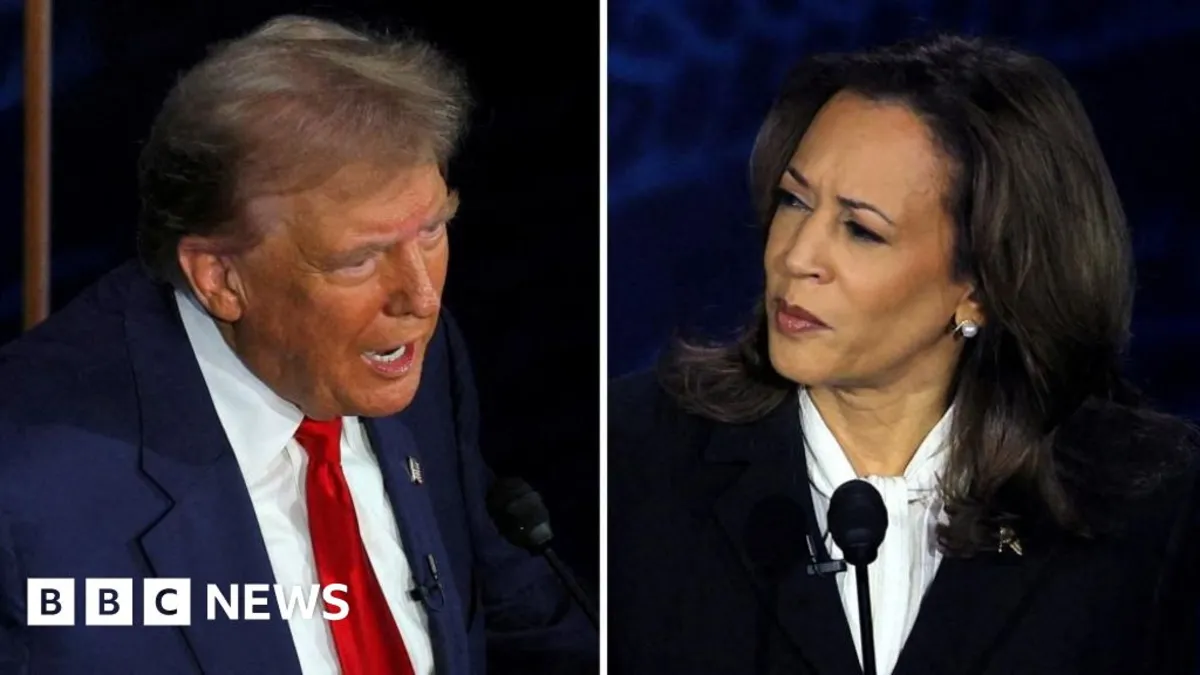
In a significant political move, US President Donald Trump has officially revoked security clearances from his former Democratic election opponents, Kamala Harris and Hillary Clinton, along with a number of other prominent former officials. This announcement follows Trump's earlier declaration in February when he stated that he was revoking security clearance for his predecessor, Joe Biden.
In his latest memorandum, Trump confirmed the revocation, asserting that he believes it is no longer in the national interest for the aforementioned individuals to have access to classified information. The memorandum reflects a broader trend where former presidents and top security officials typically retain their security clearances as a courtesy, but Trump’s decision marks a departure from this norm.
The list of those impacted by Trump's decision includes not only Harris and Clinton but also notable figures such as Antony Blinken, the former Secretary of State, and Republican lawmakers Liz Cheney and Adam Kinzinger. Additionally, Fiona Hill, who served as a Russian affairs adviser during Trump's administration, has also lost her security clearance. Other individuals included in the revocation are:
Jake Sullivan Lisa Monaco Mark Zaid Norman Eisen Letitia James Alvin Bragg Andrew Weissmann Alexander VindmanPreviously, Trump had revoked the security clearances of more than four dozen former intelligence officials, whom he accused of interfering in the 2020 election in favor of Biden, although he did not provide any evidence to support these claims.
In response to these actions, in 2021, Biden, who was serving as president at that time, barred Trump from accessing intelligence briefings. This decision was based on concerns regarding Trump’s erratic behavior, highlighting the ongoing tensions between the two political figures and their respective administrations.
This latest round of security clearance revocations underscores the deepening political divide in the United States. As Trump continues to assert his influence within the Republican Party, the implications of these actions may have lasting effects on the political landscape and the relationships among former leaders and officials.